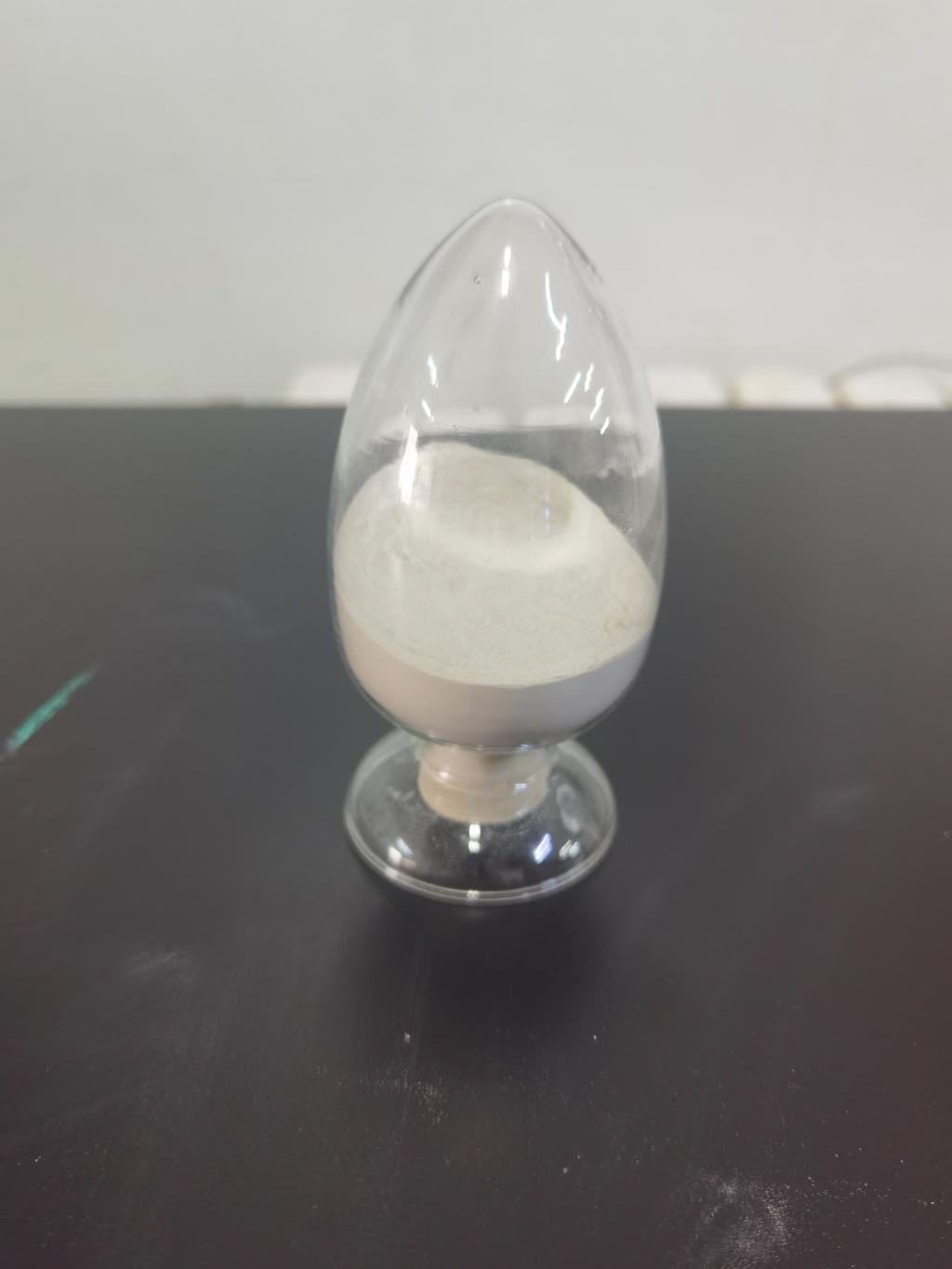Tel:+8618231198596

News
 CONTACT
CONTACT
 CONTACT
CONTACT
- Linkman:Linda Yao
- Tel: +8618231198596
- Email:linda.yao@dcpharma.cn
- Linkman:CHARLES.WANG
- Department:Overseas
- Tel: 0086 0311-85537378 0086 0311-85539701
News
Current Position:
Home >
News
>Factory stock Nisin: Paving the Way for Future Green Food Preservation Strategies.
Factory stock Nisin: Paving the Way for Future Green Food Preservation Strategies.
TIME:2023-10-11
2. Understanding Nisin: Nature's Antimicrobial
Nisin is a naturally occurring antimicrobial peptide produced by select strains of lactic acid bacteria, most notably Lactococcus lactis. It has garnered attention for its potent ability to inhibit the growth of pathogenic and spoilage microorganisms, making it a remarkable tool for ensuring food safety.
3. The Green Imperative in Food Preservation
The need for green and sustainable food preservation methods is driven by several challenges:
Food Waste: The world wastes a significant portion of its food supply, contributing to resource depletion and environmental harm.
Environmental Impact: Conventional food preservation methods, such as chemical additives and excessive packaging, have substantial environmental impacts.
Consumer Demand: Consumers increasingly seek food products that align with their values of sustainability and environmental responsibility.
4. Nisin's Eco-Friendly Aspects
Nisin stands out as an eco-friendly food preservation solution with several key attributes:
Biological Origin: Nisin is derived from lactic acid bacteria, and its production is a biological process that has a lower environmental footprint than chemical additives.
Natural and Clean Label: Nisin is considered a natural and clean label ingredient, aligning with the trend toward clean, transparent, and minimally processed foods.
Reduced Food Waste: By extending the shelf life of products, Nisin contributes to the reduction of food waste, which is essential for sustainable food systems.
Energy Efficiency: The application of Nisin is often less energy-intensive than traditional preservation methods, reducing the carbon footprint.
5. Applications of Nisin for Green Food Preservation
Nisin has found a wide range of applications in green food preservation strategies:
Dairy Products: Nisin can be used to extend the shelf life of dairy products while maintaining freshness, thus reducing waste.
Bakery Goods: Incorporating Nisin into baked goods inhibits mold and yeast growth, improving product longevity.
Meat and Poultry: Nisin ensures food safety and quality in meat and poultry products, minimizing food waste.
Packaged and Processed Foods: The integration of Nisin into packaged and processed foods enhances their shelf life and minimizes environmental impact.
6. Benefits and Advantages
The adoption of Nisin in green food preservation strategies brings several benefits:
Food Waste Reduction: Nisin extends shelf life, reducing the disposal of food products due to spoilage.
Clean Label Appeal: Consumers favor products with clean labels, contributing to better marketability.
Sustainability: Nisin's environmentally friendly attributes align with the broader goals of sustainability and reduced environmental impact.
7. Challenges and Considerations
While Nisin offers numerous advantages for green food preservation, it is not without challenges:
Regulatory Compliance: Compliance with regulatory guidelines for Nisin usage is essential, and permissible levels may vary by region.
Cost Implications: Assessing the economic feasibility of incorporating Nisin into preservation strategies is crucial.
Consumer Acceptance: Raising awareness and fostering acceptance of Nisin as a green preservation method is necessary.
8. Future Implications and Potential
Nisin's role in green food preservation extends beyond the present, shaping the future of sustainable food systems. Its application paves the way for the development of innovative green preservation strategies that contribute to a more sustainable and environmentally responsible food industry.
9. Conclusion
Nisin, a natural antimicrobial peptide, is a beacon of sustainability in the realm of food preservation. As the world seeks environmentally friendly solutions to address the challenges of food waste, environmental impact, and consumer preferences, Nisin's eco-friendly attributes make it an invaluable resource. By reducing food waste, enhancing food safety, and aligning with the principles of sustainability, Nisin paves the way for a future where green food preservation strategies dominate the landscape, ensuring a more sustainable and responsible food industry.
- Tel:+8618231198596
- Whatsapp:18231198596
- Chat With Skype







